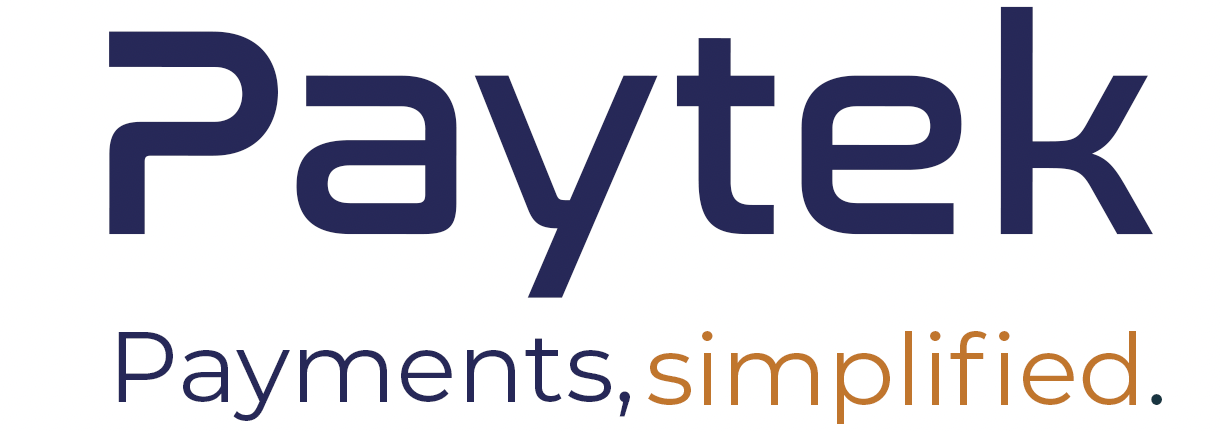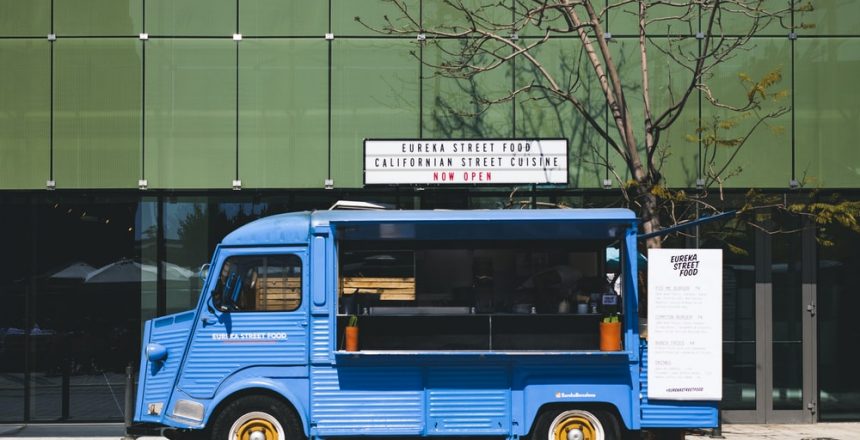Ever thought about running a mobile business? Having the freedom of being able to set up shop anywhere you like, and specifically where your customers are, at any time? If you’ve been considering opening up a mobile business, we’re here to give you some insight on what to expect.
What is a mobile business?
There are many ways that mobile businesses operate, including food trucks, mobile kiosks, vendors visiting roadshows, delivery and taxi services, and more. Mobile businesses like street vendors are one of the few businesses that are growing despite the impacts of COVID-19, due to the flexibility of how their businesses operate, high-quality products at low costs, and ingenuity within their fields to attract a wide range of customers.
With many businesses moving or expanding online, the need for delivery services is sky-rocketing, and the ability to operate a smaller, mobile physical store is now a possibility to more merchants than ever.
Below are 6 things you need to know for generating a successful mobile business.
PRICE: Cost vs. Reward
Of course, running a mobile business isn’t as easy as a walk in the park. There are costs associated with starting up, alongside ongoing business expenses.
While ongoing costs may be less than a permanent storefront or restaurant, there are some upfront costs you definitely need to prepare for. For example, consider the cost of retrofitting your space for your needs – if you’re a mobile bakery, there are specific fittings your truck will need before it’s ready for operation.
Aside from the physical aspects of your business, there are costs associated with any small business just starting up:
- Permit, insurance, and licensing costs
- Ongoing parking costs
- Payment processing costs
- Marketing costs
- And more
The costs can add up, but the good news is that there are easy ways to keep costs down, generate new business, and start taking in profit.
PRODUCT: What are you selling and how are you selling it?
The most fundamental part of running a successful mobile business is in the product you offer. Whether you’re a taco truck or a mobile boutique, having a product that people can both enjoy “stumbling across” and will go out of their way to visit is important.
It is also important to understand how you will bring that product into your business, where you will store it, and how you will ensure it remains safe. You may need to find a manufacturer, or a delivery company for goods. You will also need to get a sense of how much product you will need at any given time, to ensure you never run out of an item that your customers want to buy.
Once the product is in your mobile business, it’s important to protect that product. Where will your truck stay when it’s not operating? How will you keep it secure and locked up? If you aren’t operating out of a truck, where will you store your products and transfer it to your customers? Consider the insurance that you will need for your business.
PEOPLE: Who’s your key demographic? How will they hear about you? Who will you work with?
As with any business, knowing who’s ready to buy your product and expanding your market is essential. Unique to mobile businesses is that you can go where your customers are, and change up your strategy depending on the time of year, changes in your product, and even where in your community you are operating. For example, taxi drivers can position themselves closer to hub locations during holidays, like St. Patrick’s Day.
You should conduct some research into your key markets by considering competitors operating in your area, similar products, and where those consumers are doing their purchasing.
PROMOTION: Advertising and bringing in customers
Just because you aren’t operating in a traditional space doesn’t mean you can ignore the traditional marketing necessary for a new/growing business. In fact, an effective website, top-ranked search appearance, and quality social media are more important for these businesses that can’t rely on the same familiarity and consistency of a business that is always in the same place.
Consider where you’re going to host your website, and if you’re going to make it yourself. How will you ensure you rank at the top of relevant searches? Will you invest money into generating a larger customer base? Will you advertise online, through print, on the radio, otherwise? How will you manage your online presence, like reviews? Unique content? Social media? Are you going to host an e-commerce site alongside your mobile business?
The good news is that there are many options available for you to run an engaging and effective online brand. To help you find out some of the best options for you, check out our posts on taking your business online and digital marketing!
POSITION: Understanding where your business stands
Manually generating these reports and trying to understand them can be a lot of work when you’re also operating a business. Utilizing tools that will give you all the reporting and details you need to continue being effective in your approach can make or break your business.
Many of the platforms you use to run your website and social media will give you feedback on the demographics of those engaging with your content. The system you use to generate orders and take payments can give you important information on what’s selling and bringing in the best return on your investment. It will also show you how your customers are paying, and where some of your expenses may lie.
Whatever tools you use, make sure to do an ongoing audit of your successes and challenges to make sure you’re always moving your mobile business in the right direction.
PAYMENTS: Accepting payments, setting up orders, and tracking revenue
It’s just as important for a mobile business to find the perfect processing solution as a brick and mortar or virtual business. The kinds of payments you can accept as a mobile business are dependent on how you’re operating:
- Will you take credit, debit, cash?
- Are you going to accept payments on a physical machine or through your website?
- If you take cash, where will you keep your float money and your profits?
You’ll also need to consider the physical limitations of your environment:
- Will you have access to wifi, or will you operate off of data?
- Are you going to use a point of sale system to track your orders and inventory?
Your payment processing tools can help you track your pricing, use loyalty discounts to keep existing customers coming back and see what’s selling for how much. There are so many options out there for mobile businesses now that fit in confined spaces, can operate anywhere, and give you expansive backend access through an online portal – so that you can see how your business is doing anywhere you are.
Conclusion
Running a mobile business offers a lot of flexibility and freedom, but you have to be ready to put in some front end work, track your progress and get the right tools in place to help you run your business the best you can.
We offer all-in-one solutions to get you online, help you effectively process, and get detailed reports about customers, sales and products all in one place.
Ready to get your mobile business on the road? Let’s connect today.
Ask about Talech!


